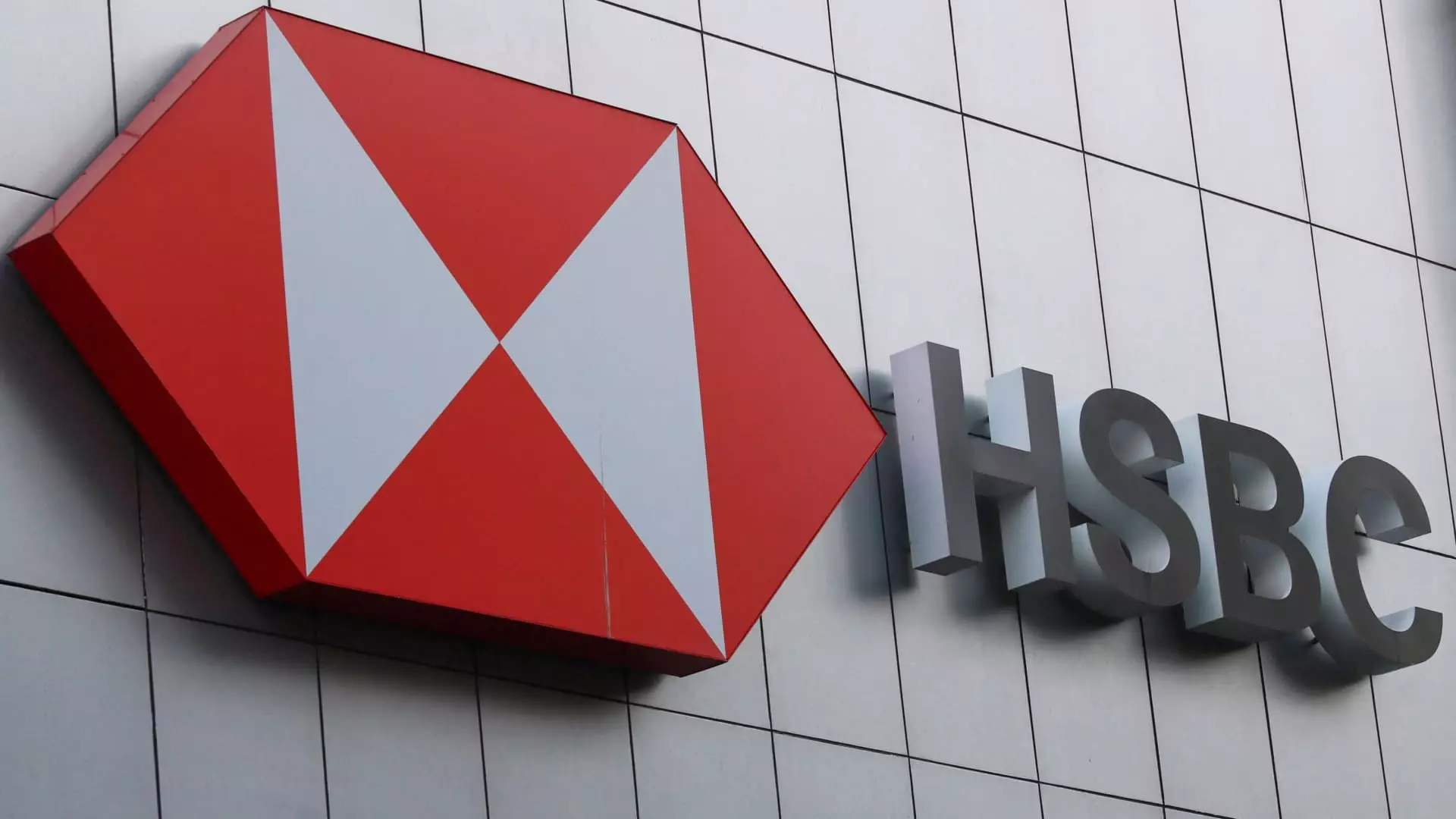HSBC Holdings, Europe’s largest bank, recently unveiled its annual financial results, showcasing a 6.5% increase in pre-tax profits, culminating at $32.31 billion. This growth can largely be attributed to the sale of its operations in Canada, which bolstered the bank’s bottom line. However, despite the profit increase, the revenue of $65.85 billion fell short of the previous year’s figure of $66.1 billion and also lagged behind market expectations set by LSEG, which estimated revenues of $66.52 billion.
The fourth quarter of 2024 illustrated a notable dichotomy in HSBC’s performance, as profits surged almost twofold from the year prior, clocking in at $2.3 billion. Yet, they faced an uphill battle from a hefty $3 billion impairment charge incurred during the same quarter in the previous year. Consequently, quarterly revenue experienced an 11% contraction, echoing the challenges faced in specific market sectors that have seen downturns.
In a bid to enhance shareholder value, HSBC announced a significant share buyback program of up to $2 billion, set to be completed by the end of the first quarter of 2025. This decision is in tandem with plans to streamline operations and cut costs by an annualized $1.5 billion by the conclusion of 2026. According to Michael Makdad, an equity research analyst at Morningstar, the bank’s buyback aligns with market expectations, highlighting a strategic positioning that prioritizes financial health amid ongoing fluctuations in the banking sector.
HSBC anticipates that its net interest income will decrease to $42 billion in 2025, down from an estimated $43.7 billion in 2024. This forecast implies an adaptive strategy in reaction to shifting economic conditions affecting the overall banking landscape.
The recent financial results are notably the first under the stewardship of Georges Elhedery, who took over as CEO in July after Noel Quinn’s retirement. Under Elhedery’s leadership, HSBC is embarking on a transformative reorganization aimed at streamlining its structure into four distinct units focused on “Eastern” and “Western” markets. This strategic restructuring is designed to create a more agile and focused entity, aligning operational efficiency with market demands and enhancing its core strengths.
However, the changes come with tough decisions, such as the reported dismissal of approximately 40 investment bankers in Hong Kong, affecting areas like mergers and acquisitions, real estate, and energy. The bank estimates that this restructuring will yield about $300 million in cost savings by 2025, underscoring the challenges faced in a rapidly evolving financial environment.
Following the earnings announcement, HSBC’s Hong Kong-listed shares dipped by 0.29%, reflecting mixed perceptions from investors regarding the bank’s strategic direction and ongoing cost management efforts. The broader implications of the restructuring and cost-cutting initiatives will unfold in the coming quarters, as HSBC seeks to navigate the complexities of the global banking landscape.
HSBC’s recent announcements reflect a blend of cautious optimism and strategic recalibration. As the bank embraces a new operational framework under its new CEO, stakeholders will be keen to assess how effectively these initiatives translate into long-term growth and resilience in an unpredictable marketplace.

